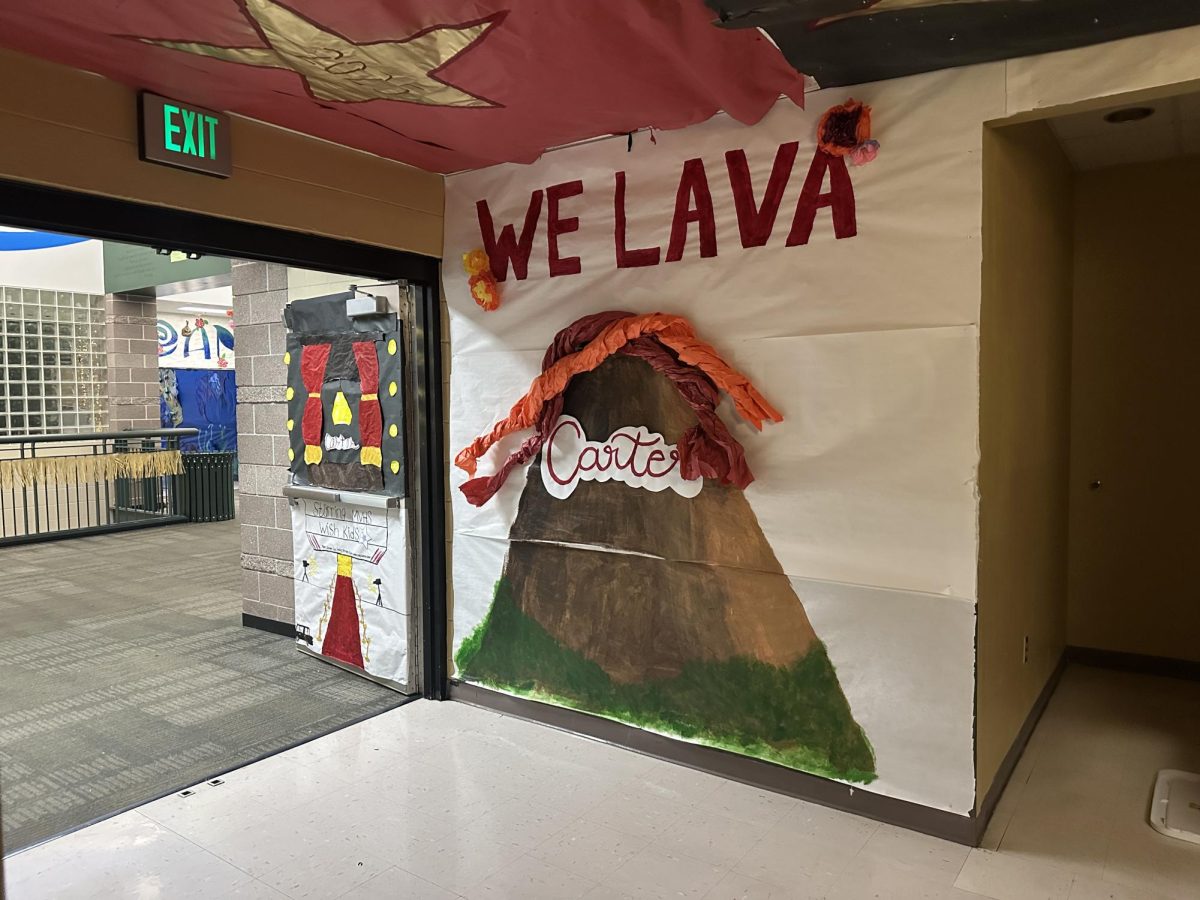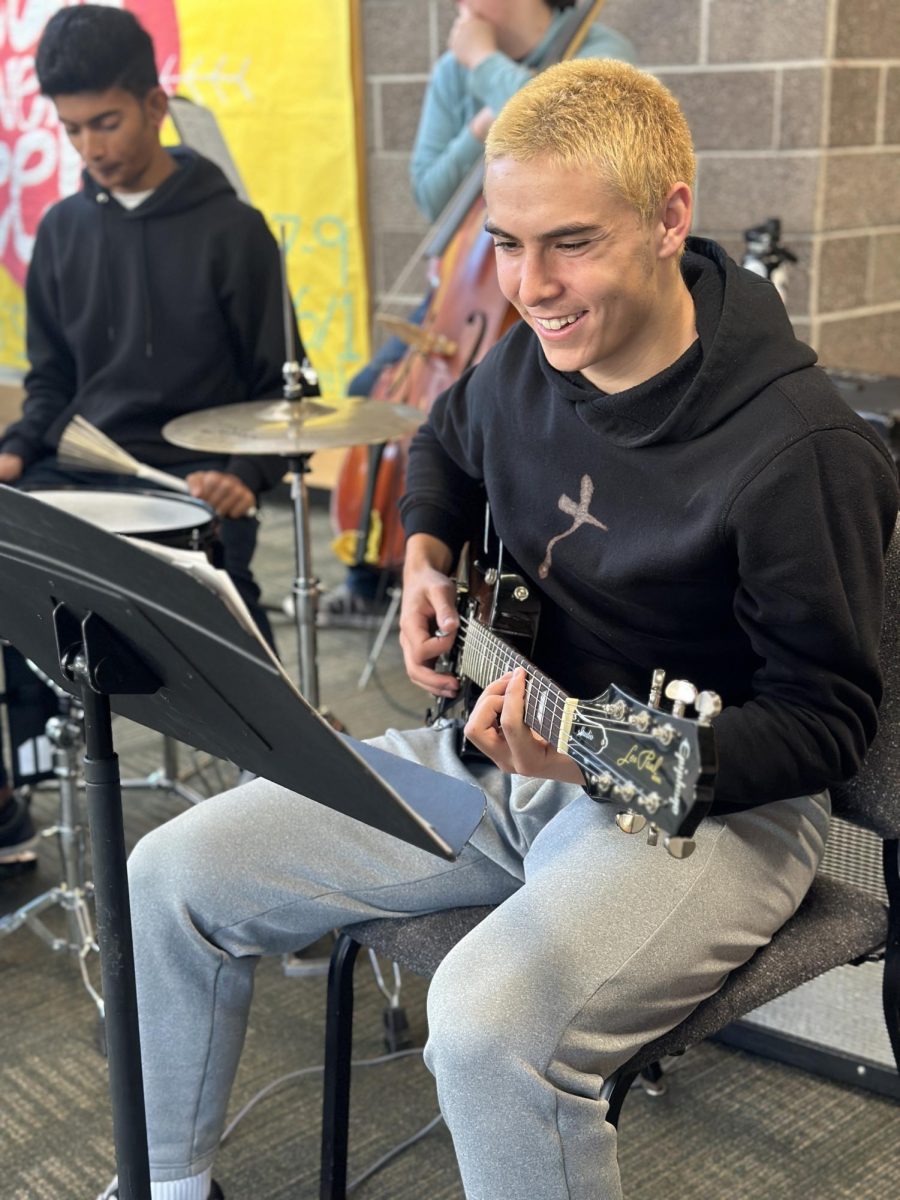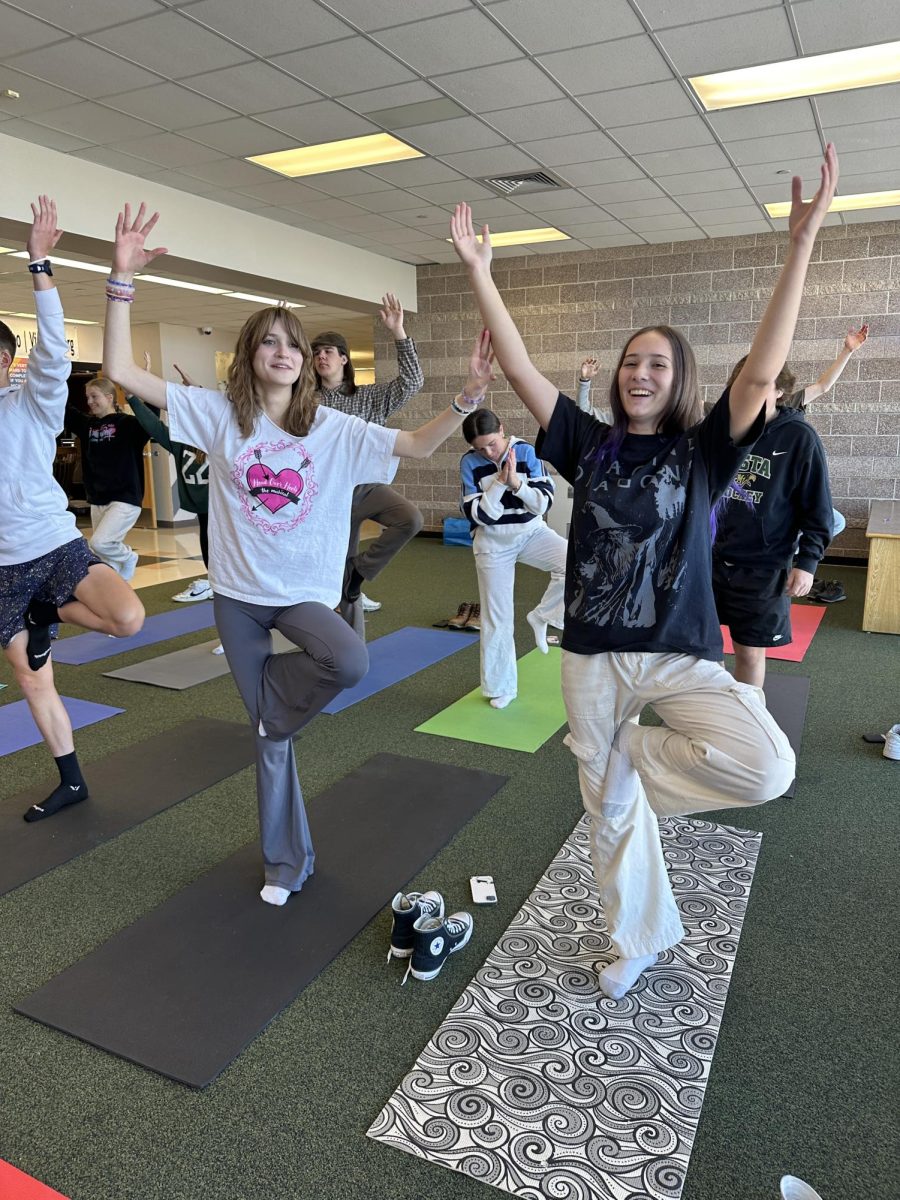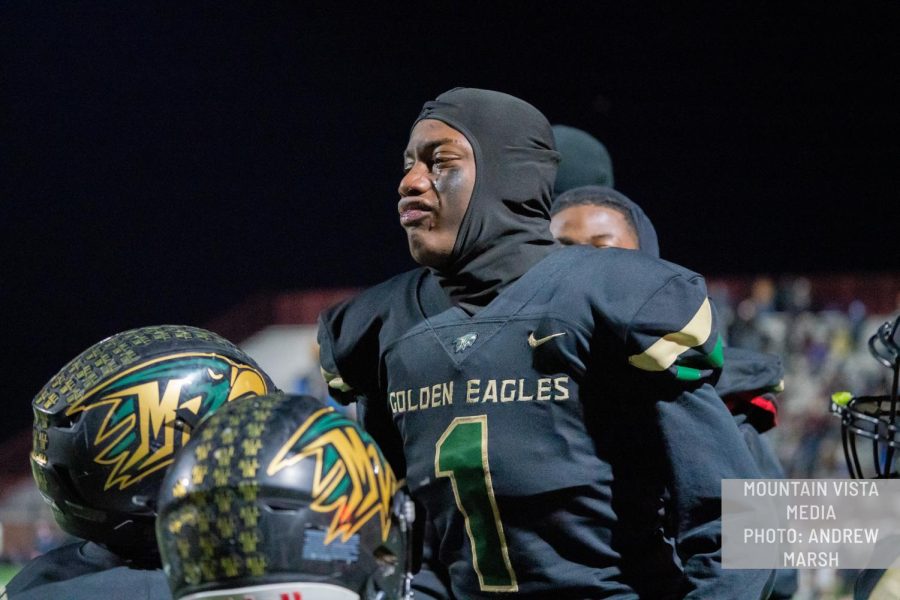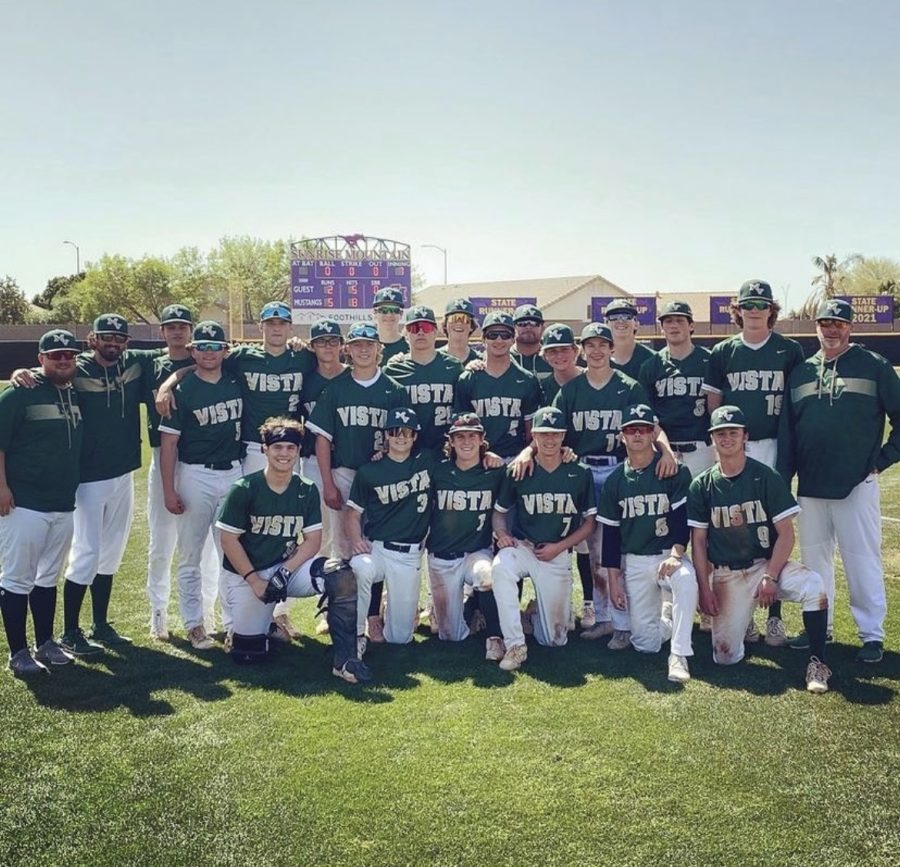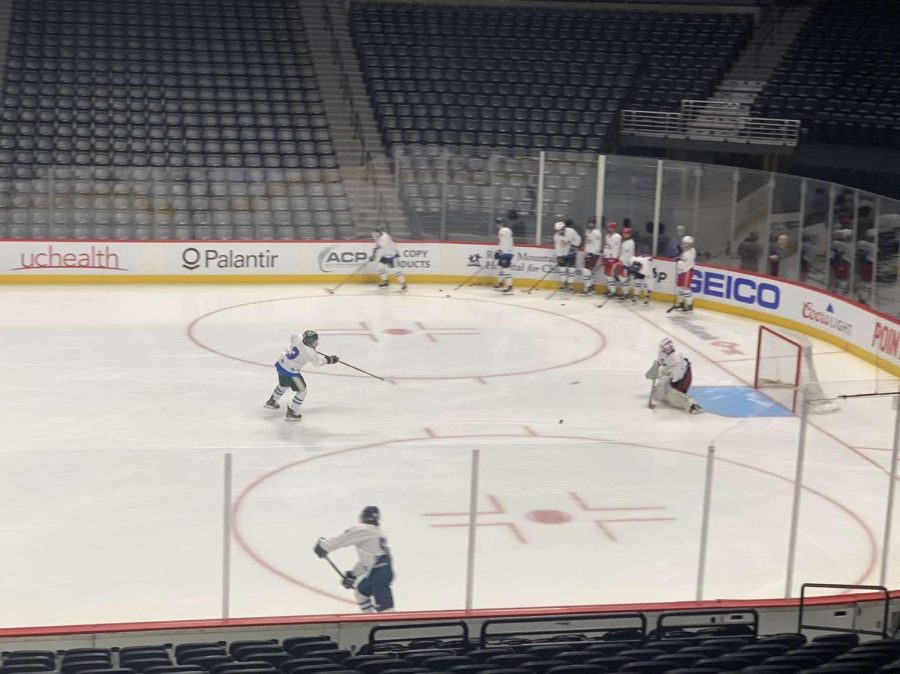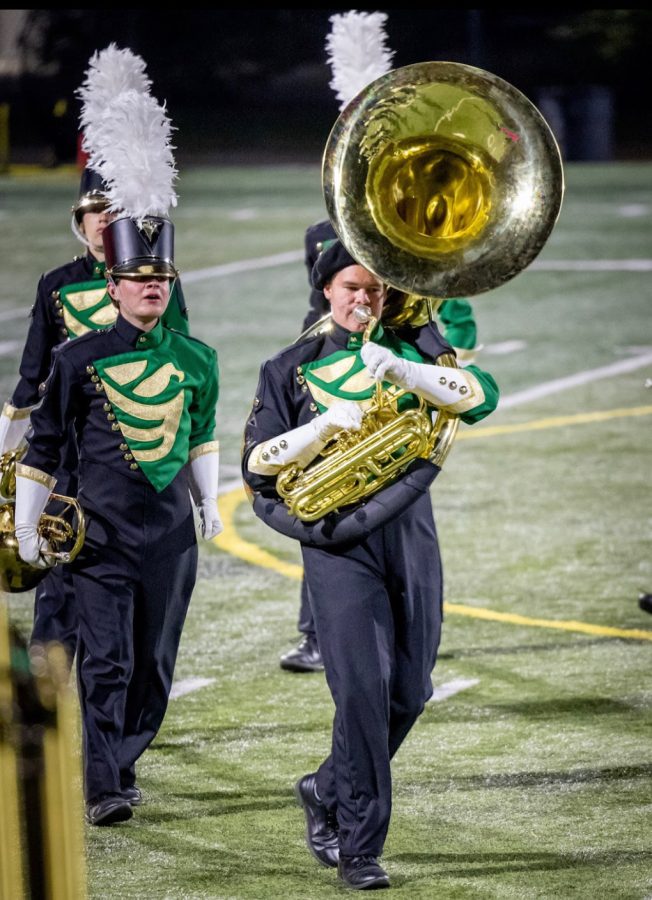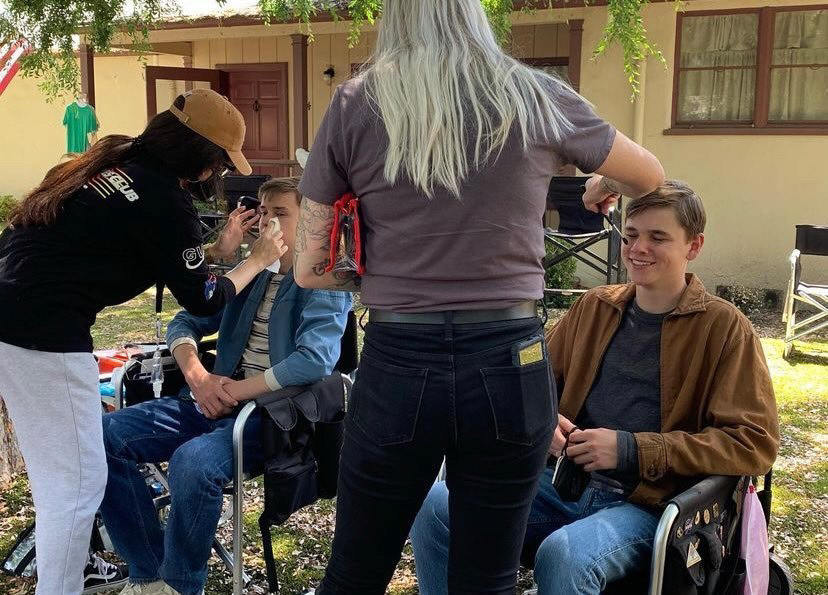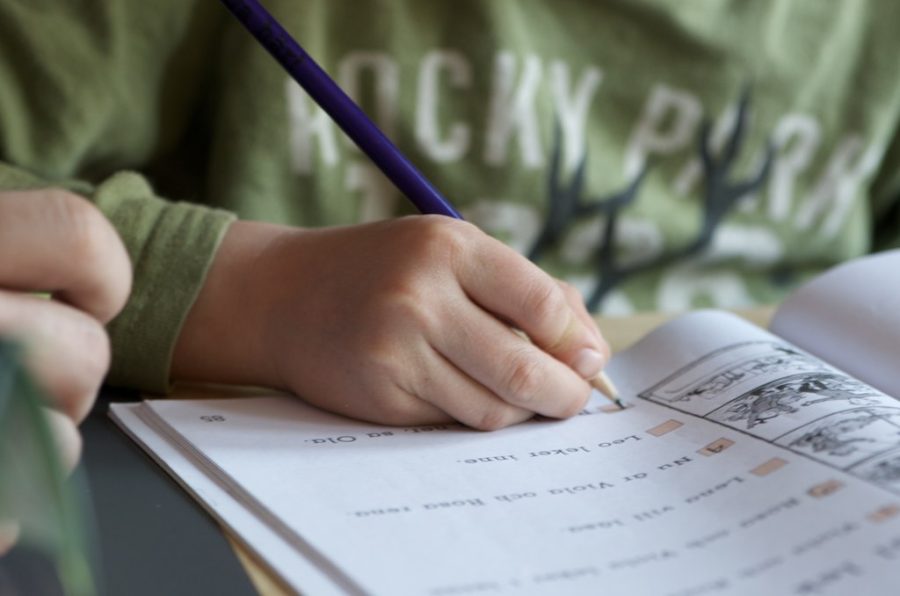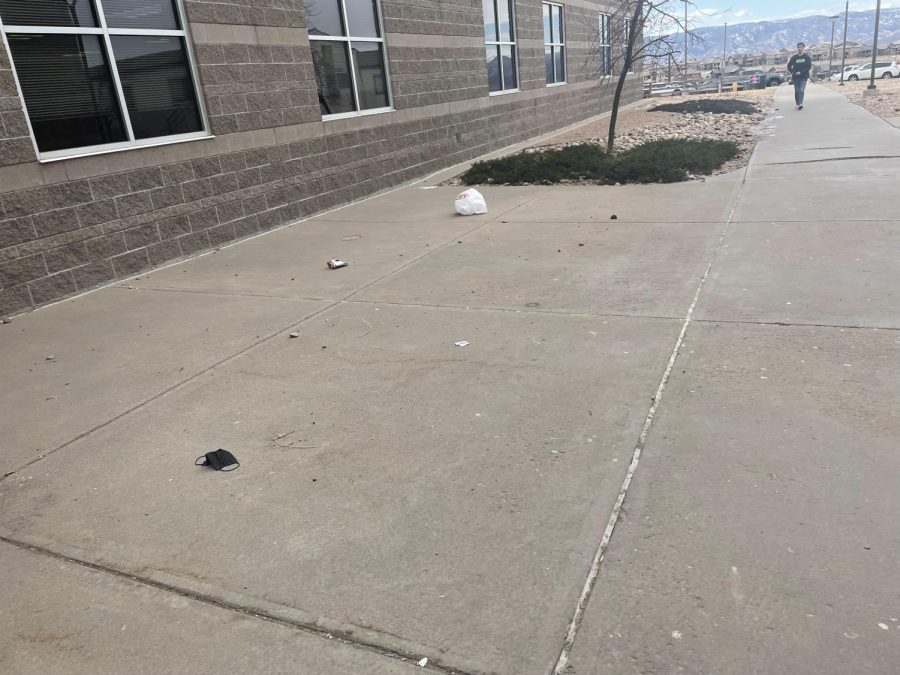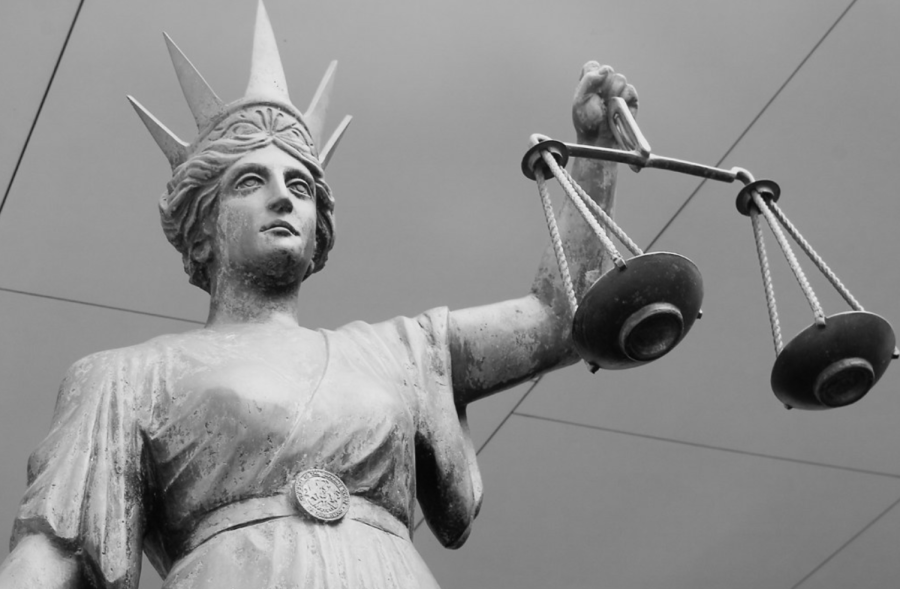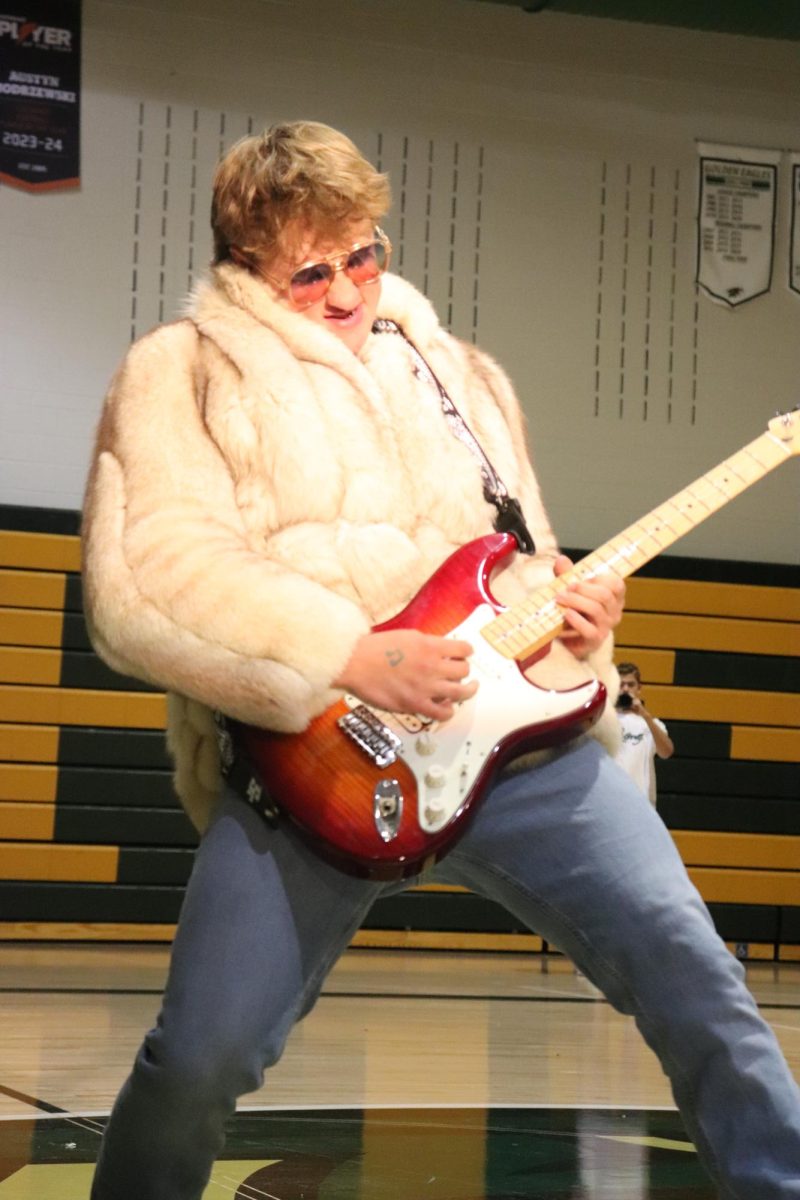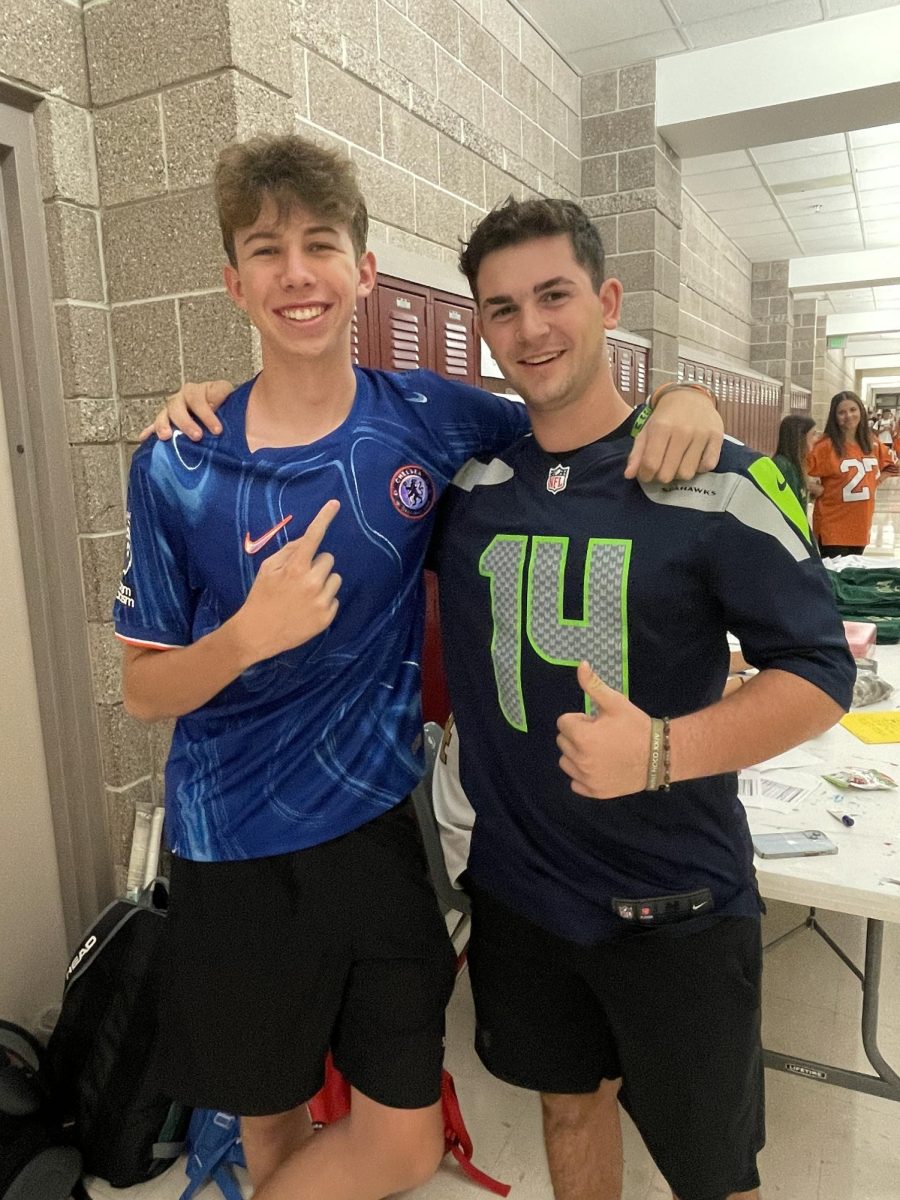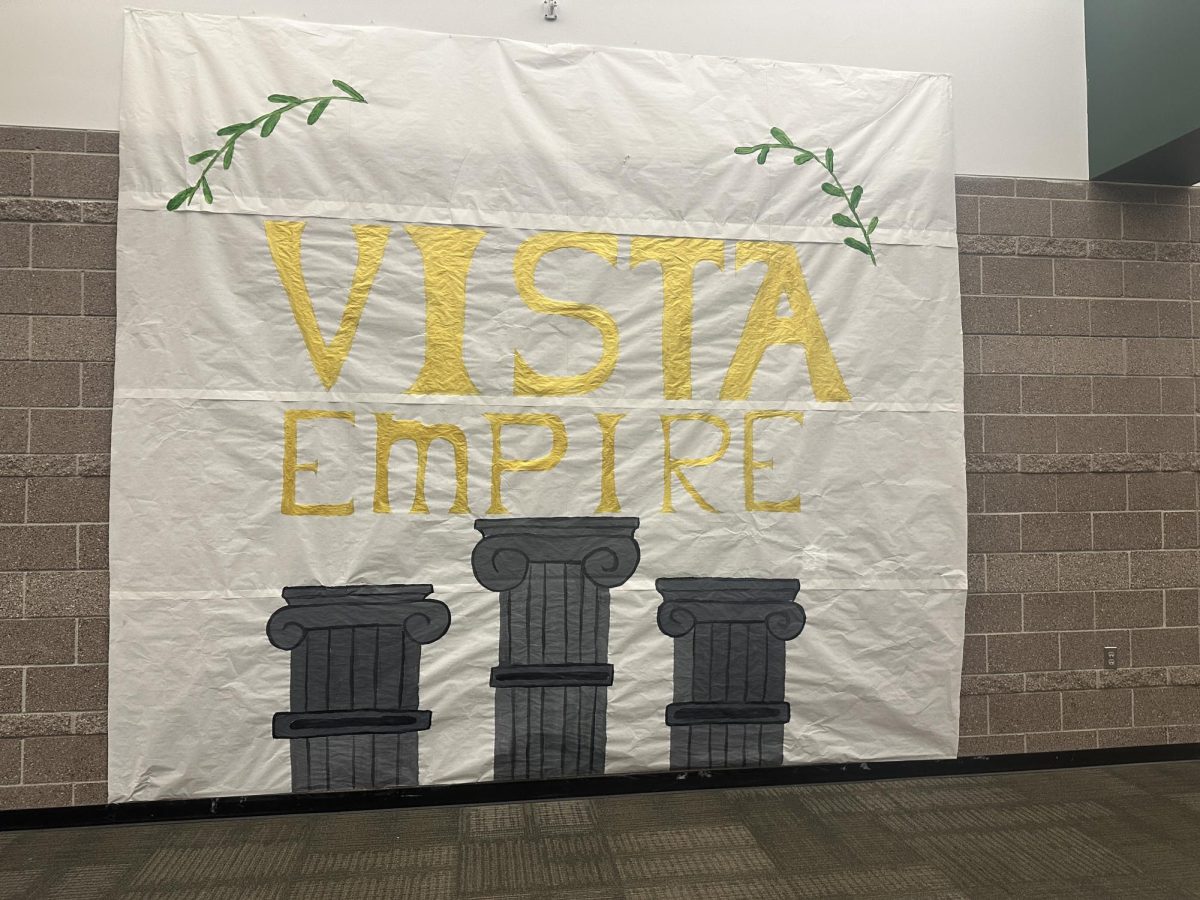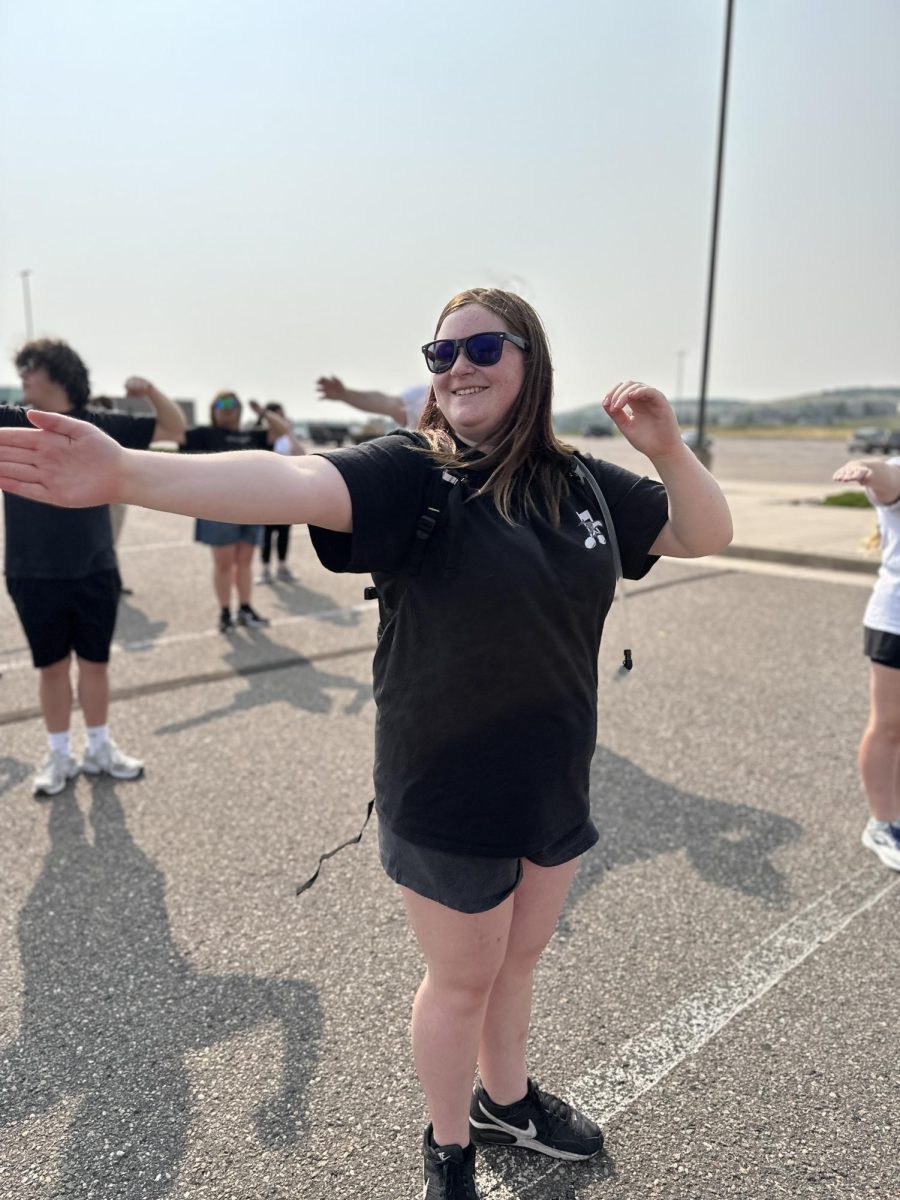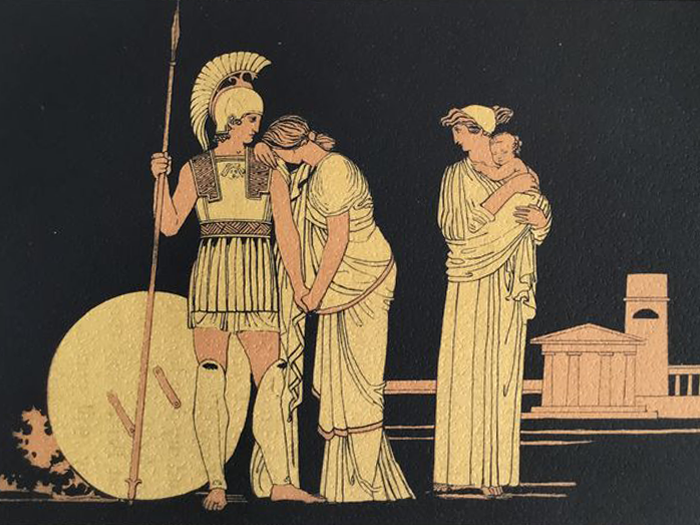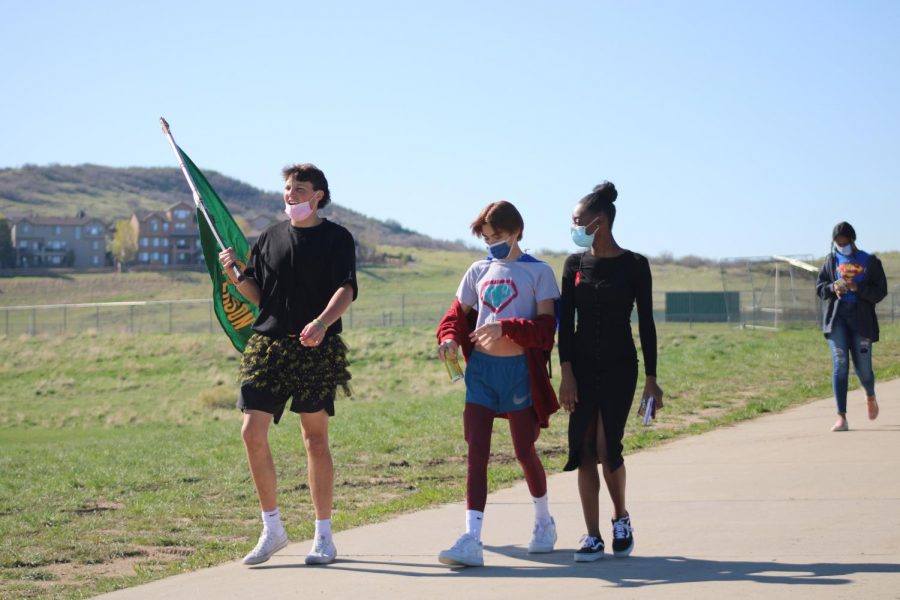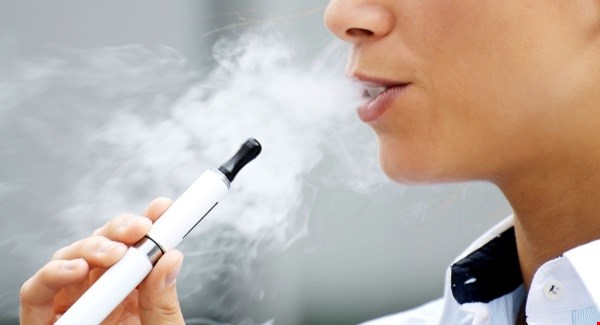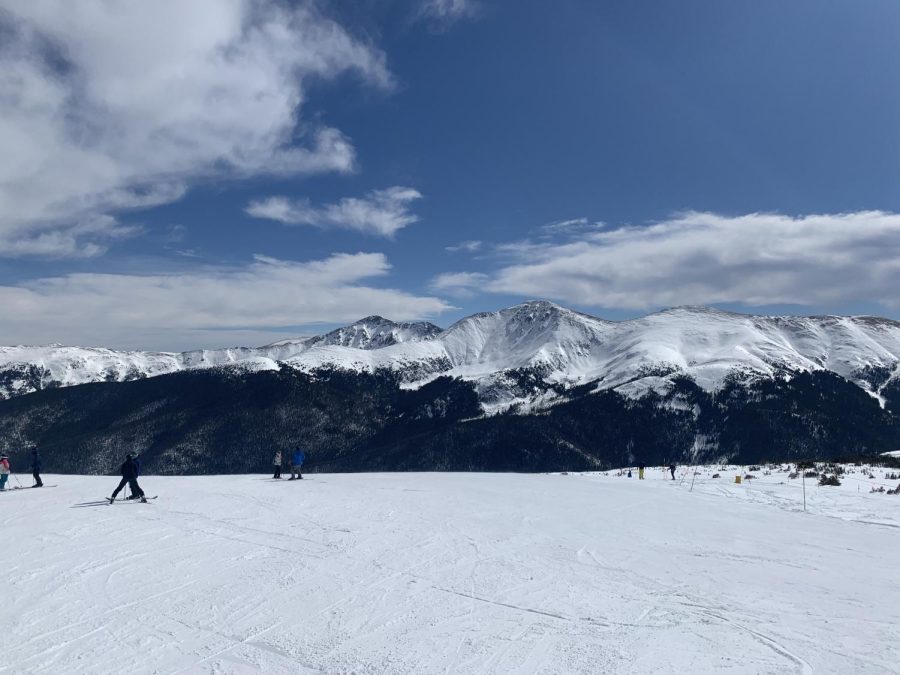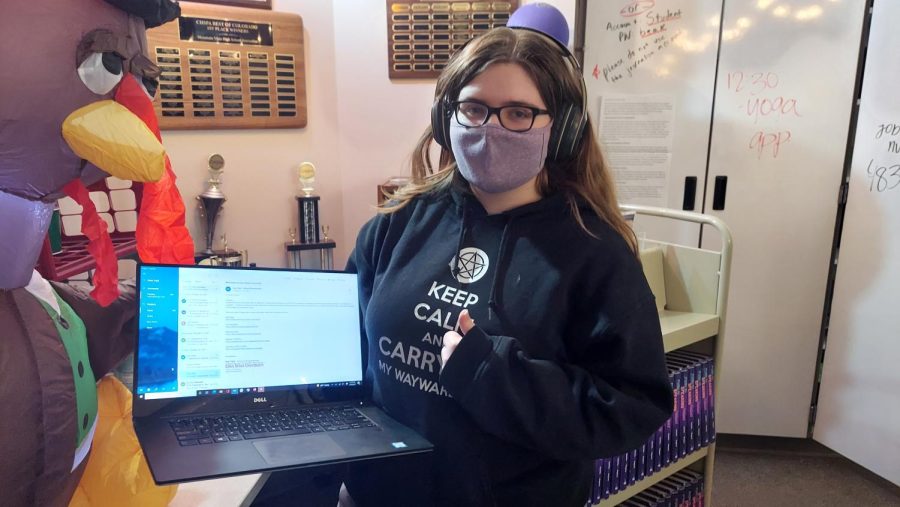Since elementary school, kids have been taught the risks of smoking cigarettes. Commercials run daily to scare young adults and teenagers out of smoking, but is it truly effective?
Teenagers are now addicted to nicotine in a whole new light. E-Cigarettes (electronic cigarettes) are becoming more and more popular among high schoolers today. According to “National Institute on Drug Abuse”, seven in ten teens are exposed to E-Cigarettes. These teens then become more likely to use E-Cigarettes than cigarettes.
These devices can often go unnoticed because they are small, smokeless, and odorless. However, Mountain Vista, along with many other high schools are beginning to crack down on these “unnoticeable” habits.
If a student is caught with any form of E-Cigarette (Vapes, JUULs, etc) under the age of 18, law enforcement will get involved and the teen will be summoned to court. At least four students in the past few weeks at Mountain Vista have faced this punishment.
Anyone caught using an E-Cigarette at school, even over the age of 18, will be issued a ticket by the school resource officer and face an in house detention by school administration.
“I do not condone the use of these, but if you are going to use it, do not bring it to school,”School Resource Officer Vance Fleet said. “You’re just asking for trouble.”
Students have a very different take on the situation. Three juniors say they are aware of the consequences, but still “juul” or “vape” on school property. “I think that Administration should focus more on how they can help kids with their education instead of getting them in trouble,” One junior girl said. “Students could be doing worse things than ‘juuling’ in the bathroom.”
Officer Fleet disagrees. “This is not a learning environment,” Fleet said. “It is apart of our job description to make sure Mountain Vista is safe.”
Mountain Vista Principal Michael Weaver sent an email to parents and teachers encouraging them to take initiative. “Although Officer Fleet admits this is a minor offense,” Weaver said. “If we ignore the minor ones, where do we draw the line?”
The biggest way to prevent the use of these on school property, according to Administration, is to simply educate students more on the risks and consequences. It is important for teenagers to understand where and when is appropriate to engage in non-educational activities.



